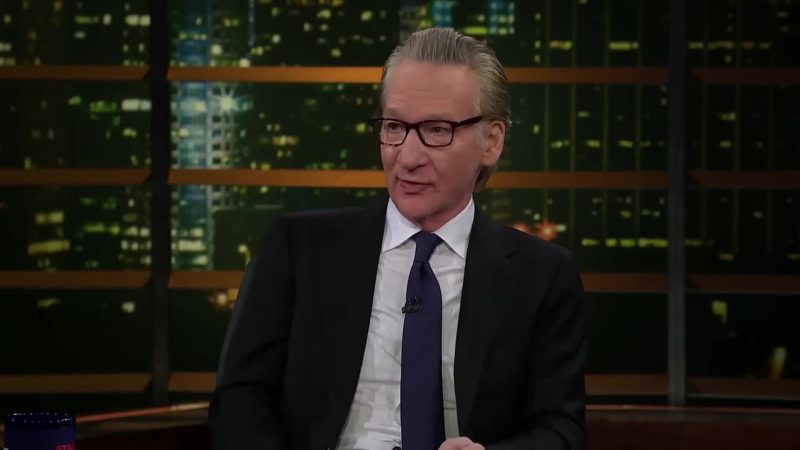
Bill Maher, the outspoken host of HBO’s “Real Time,” recently added his voice to the chorus of critics targeting Whoopi Goldberg following her controversial comments comparing the experiences of Black Americans to life under Iran’s oppressive regime. During a segment on his show, Maher, along with Republican Congressman Wesley Hunt, didn’t hold back in their criticism of Goldberg’s remarks.
Maher argued that Democrats should prioritize addressing the situation on “The View.” He suggested that this would represent a crucial step towards what he described as a necessary return to sanity within the Democratic Party’s discourse. He further suggested that the Democrats’ recent shift towards a more centrist position on transgender issues was a positive development, and that addressing Goldberg’s comments would be a logical next step.
The controversy stemmed from a heated exchange between Goldberg and her co-host Alyssa Farah Griffin on “The View.” Griffin highlighted the stark realities of life under Iran’s theocratic rule, emphasizing the regime’s human rights abuses, including the persecution of LGBTQ+ individuals and the oppression of women. Goldberg, however, maintained that the experiences of Black Americans are comparable to those living under the Iranian regime, a statement that drew immediate and widespread condemnation.
Congressman Hunt, a Black Republican, directly challenged Goldberg’s assertions, citing his own personal success as a testament to the opportunities available to Black Americans. He emphasized his election to Congress in a predominantly white, Republican district, highlighting his accomplishments as evidence of the progress made in the United States and the fact that he’s judged on his character, not his race. Hunt’s personal narrative served as a powerful counterpoint to Goldberg’s controversial claims.
The discussion extended beyond Goldberg’s comments to include broader discussions about race relations in America and the significance of observances like Juneteenth. Hunt expressed his disinterest in designated months or days celebrating particular groups, emphasizing his belief in the shared American identity and the potential for excessive sensitivity surrounding these issues.
Maher’s and Hunt’s criticisms underscore the ongoing debate surrounding race, politics, and the media’s role in shaping public discourse. Goldberg’s comments sparked a significant backlash, prompting conversations about the complexities of comparing vastly different forms of oppression and the importance of responsible rhetoric, particularly from influential public figures.










